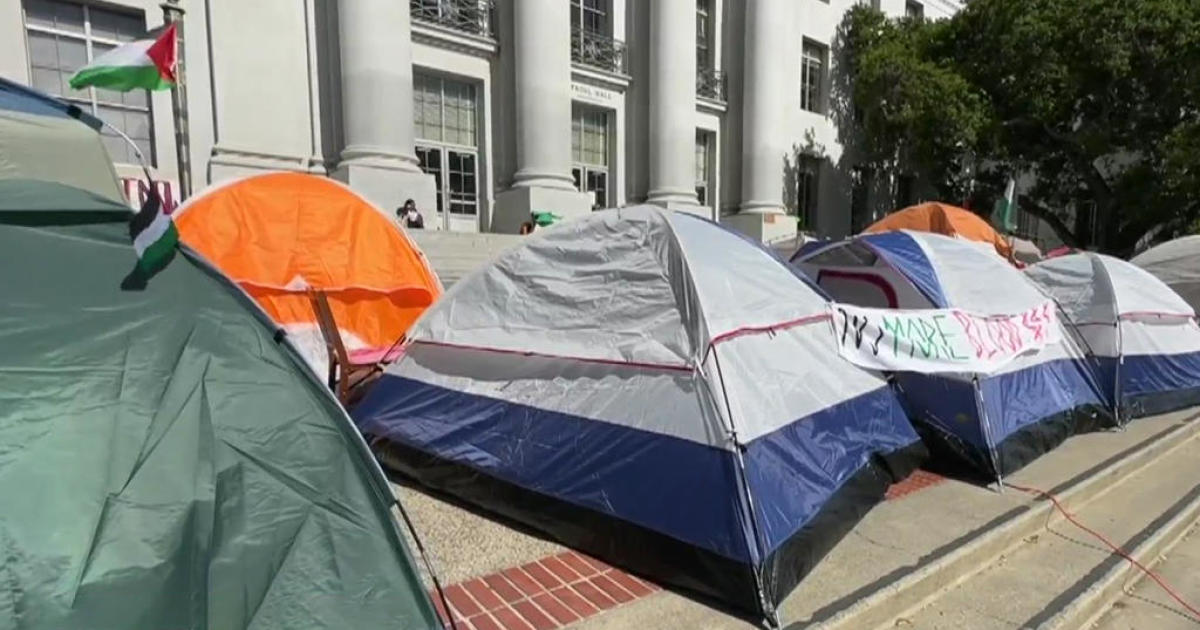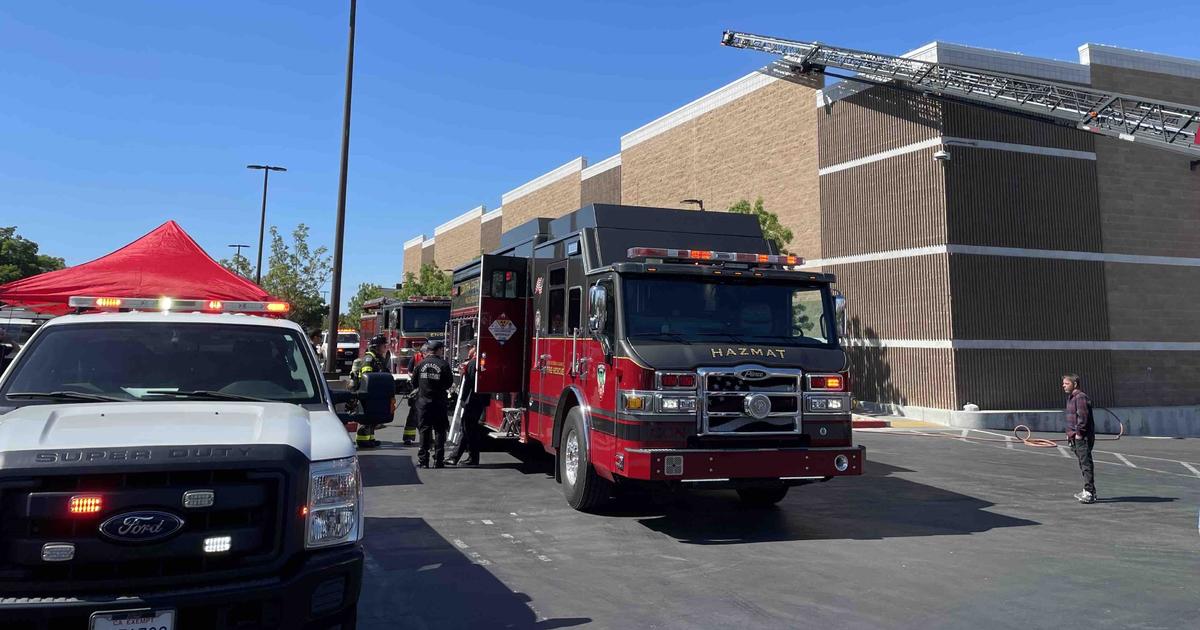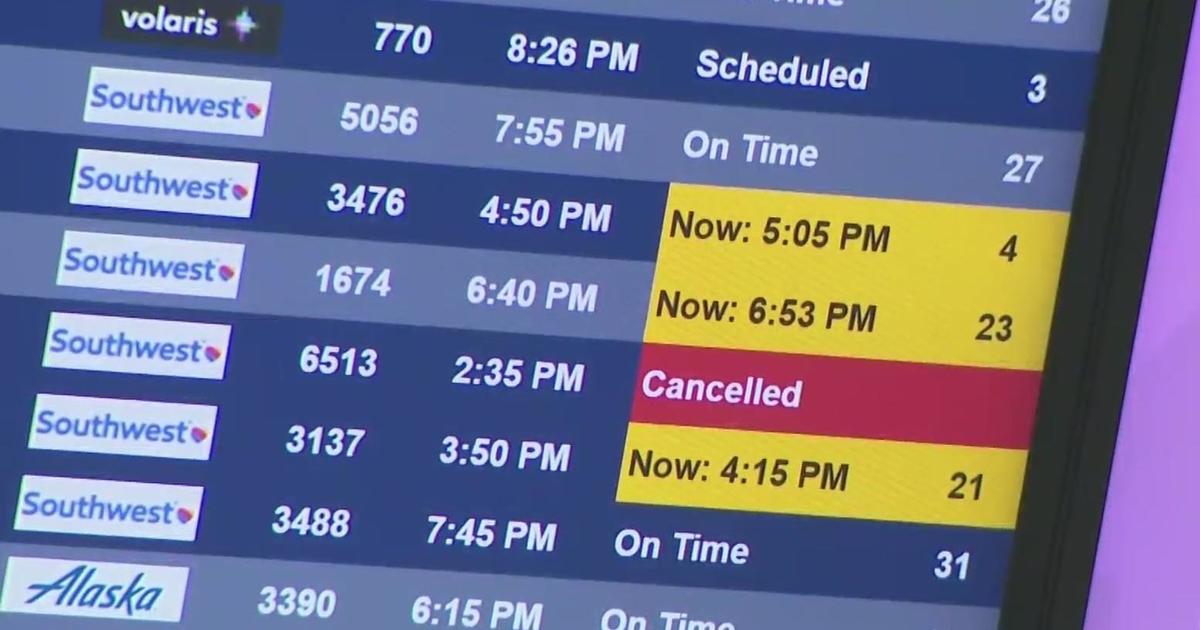UC Berkeley Professor: California Dry Spell May Be Worst Since 1500s
BERKELEY (KPIX 5) – In California, 2013 was a record-setting year because of the lack of rainfall. A professor at UC Berkeley warns this time could go into the record books as the driest in centuries.
"Some people have said that this could be the start of a several decade-long dry spell," Lynn Ingram, professor of paleoclimatology told KPIX 5. Ingram examines history to help forecast the future.
Dried up creek beds along with golden hills that look like its August instead of January could become our typical landscape, if history repeats itself.
Ingram is the author of the book "The West without Water." She looked back 10 to 20 thousand years and came to the conclusion that we live in a dry climate.
"It's important to understand our climate history and know when were the droughts, and then we also had years of extreme floods," Ingram said.
A study about tree rings led her to predict that we could be in for the driest winter in 500 years. Narrow tree rings indicate little or no water for growth, just like people saw in the 1500s.
Related Content
"They put on rings every single year. So you can actually be able to detect one year of drought," Ingram said.
Another indication, but not as precise, are sediment cores that can span a few thousand years and point to the saltiness of San Francisco Bay.
More fresh water, and the salinity drops. What they are seeing is at least something on par with what happened here in the dry years of 1976 and 1977, and this could be the norm for quite some time.
"That was like the year with no rain," Ingram said. "We could be on track for heading into a drier sort of period."
The Bay Area was built up during the 20th century, we may be forced to adapt to a drier 21st century.
Some droughts, like one in the Middle Ages, lasted more than a century. Ingram is not predicting that, she said that's like predicting earthquakes. Still, Ingram called this time of dry conditions anxiety provoking.
Ingram said we should use this information to rethink how we use, save, and recycle our water.



